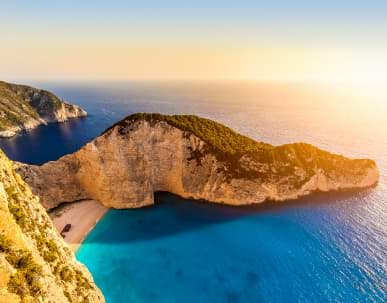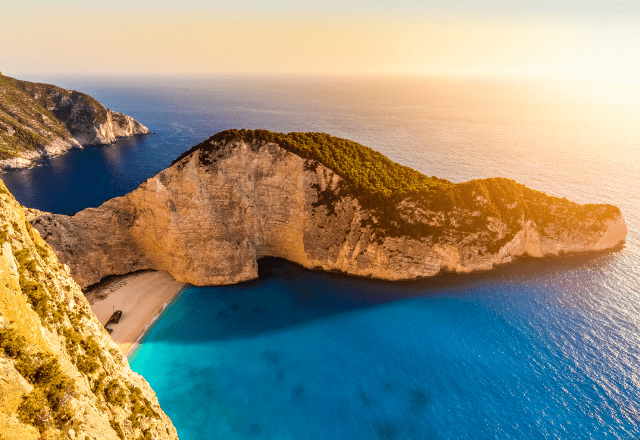Health and safety whilst on holiday: The dangers of Black Henna tattoo art
Temporary Henna tattooing has become more popular in recent years, especially for holidaymakers that want to bring back a more adventurous reminder about their trip. Whilst most natural dyes are safe, there are additional risks involved with using these on your skin – especially if you haven’t had a patch test ahead of application to check for allergies to the dye. There is however a clear risk associated with the less authentic and unnatural dyes that have also become increasingly popular and more readily available in the holiday resorts across the world.
Here at Sunshine.co.uk we would always advise all customers to avoid having any form of Henna art done whilst on holiday, even more so if the dye being used is black and has been formed from unnatural ingredients that could cause potential harm to your skin.
More information about Henna and how to stay safe
Henna ink is made from dried leaves and natural ingredients, which originates from around India. Henna is usually applied to the hands, feet and body areas to create intricate patterned tattoos that would normally last on your skin for around three weeks. After that time they would usually fade away and naturally disappear from your skin. Authentic and natural Henna has a reddish-brown or orangey colour to it and would normally be applied traditionally with a stick or a twig. Traditional Henna is made from all-natural ingredients, so is generally safe for your skin, however, as everyone’s skin is different there are still no guarantees that you won’t have a reaction.
There has been an increase in usage of the artificial and unnatural black henna dyes in recent years. The reason for this is they’re often a lot cheaper and easier to manufacture but often contain toxic or chemical ingredients that can irritate your skin. This toxic dye has sometimes caused blistering, scabs and can even permanently scar your skin. Although very rare, it has even caused allergic reactions that have been fatal.
Due to it being incredibly difficult to ascertain whether the henna in the resort is genuine natural dye or the artificial chemical version, Sunshine.co.uk would always advise against getting any henna dye. If you are still choosing to get the henna done always ensure you ask the artist what the dye consists of ahead of it being applied to your skin and do a patch test 24 hours prior to the application. Natural henna should include ingredients such as henna leaf powder, water, lemon juice, tea tree oil, lavender oil and sugar.
It is also worth noting the unnatural and chemical ingredients to look out for are black clove oil, mehndi oil, sodium picramate, PPD (an ingredient typically used in hair dyes, but quite often used unsafely in high levels in black henna), metallic salts or henna stone. You should steer clear of letting this type of henna vendor apply their product to your skin.
If you are ever in any doubt whether the ingredients are natural or unnatural then we would advise to not use the henna from that vendor. If you are experiencing skin irritations, pain or discomfort following application of henna then please seek medical advice from a doctor immediately.There is also more information on the NHS website about the dangers of black henna on your skin.
Popular Pages
Search the sunshine.co.uk website:
×






